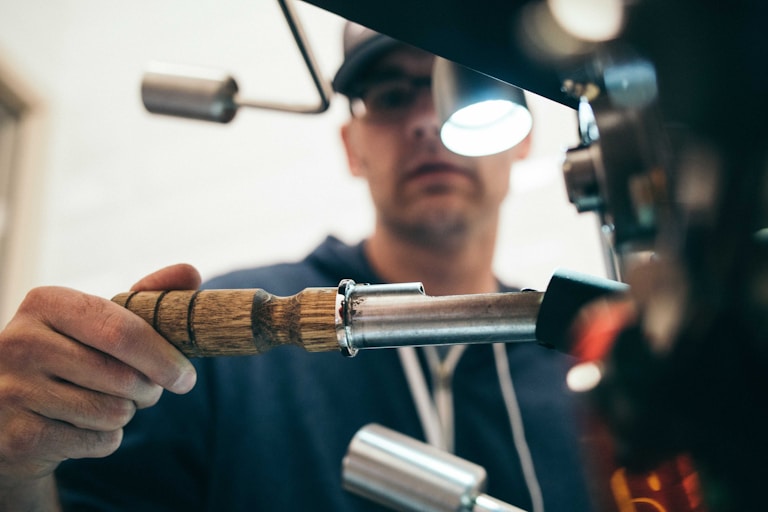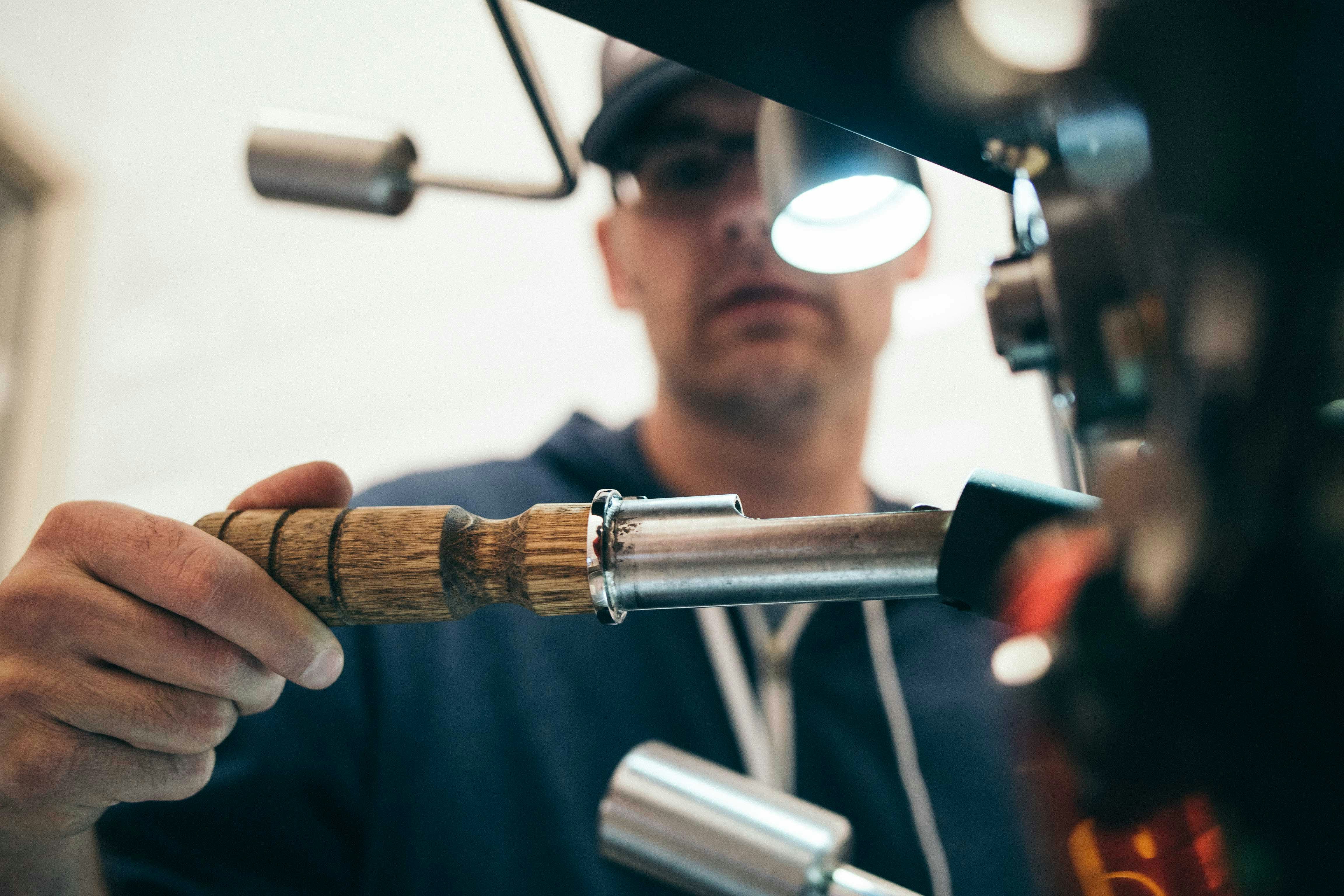
When Your New Vehicle Becomes a Nightmare
Purchasing a vehicle represents one of the largest investments most California families make, often ranking second only to buying a home. When you drive off the dealer lot with your new or recently purchased vehicle, you expect it to provide reliable transportation for years to come. Unfortunately, some vehicles suffer from manufacturing defects, design flaws, or quality control failures that make them unsafe, unreliable, or significantly less valuable than promised.
California recognizes that consumers deserve protection when they unknowingly purchase defective vehicles. The state's comprehensive lemon law provides powerful remedies for buyers and lessees who find themselves stuck with vehicles that fail to meet reasonable expectations for quality and reliability. These protections extend beyond simple warranty repairs to include vehicle replacement or full refunds when defects substantially impair a vehicle's use, value, or safety.
Understanding your rights under California's lemon law is crucial when dealing with persistent vehicle problems. The law's complex requirements and procedures demand careful attention to documentation, timing, and proper notifications to manufacturers. Successfully navigating a lemon law claim requires knowledge of specific legal standards and strategic approach to dealing with manufacturers who often resist providing the relief required by law.
California's Comprehensive Lemon Law Coverage
California's Song-Beverly Consumer Warranty Act provides some of the nation's strongest protections for consumers who purchase defective vehicles. Unlike many states that limit coverage to new vehicles, California extends lemon law protection to used vehicles under certain circumstances, recognizing that many families cannot afford new vehicles but still deserve reliable transportation.
The law applies to all motor vehicles sold with manufacturer warranties in California, including cars, trucks, SUVs, motorcycles, and recreational vehicles. Coverage extends to both purchased and leased vehicles, ensuring that lessees receive the same protections as buyers. This comprehensive approach reflects California's commitment to protecting all consumers, regardless of their financing arrangements or economic circumstances.
California's lemon law also covers certified pre-owned vehicles sold through manufacturer programs, as these vehicles typically come with extended manufacturer warranties. This coverage helps bridge the gap between new and used vehicle markets, providing protection for consumers who choose certified pre-owned vehicles for their additional warranty coverage and inspection standards.
Defining Substantial Defects Under California Law
The cornerstone of any lemon law claim involves proving that a vehicle suffers from substantial defects that significantly impair its use, value, or safety. California courts have interpreted this standard broadly, recognizing that defects don't need to render vehicles completely inoperable to qualify for lemon law relief. This consumer-friendly interpretation helps ensure that the law provides meaningful protection for a wide range of vehicle problems.
Safety-related defects receive special attention under California law, as these problems pose immediate risks to vehicle occupants and other road users. Defects affecting braking systems, steering mechanisms, airbag deployment, or other critical safety equipment often qualify for expedited lemon law procedures. The law recognizes that consumers shouldn't have to risk their lives driving vehicles with known safety defects while waiting for manufacturers to provide adequate repairs.
Performance and reliability issues can also qualify as substantial defects when they significantly affect a vehicle's functionality or value. This includes problems with engines, transmissions, electrical systems, or other components that prevent normal vehicle operation or cause frequent breakdowns. California courts recognize that consumers purchase vehicles for reliable transportation, and recurring mechanical failures substantially impair this intended use.
Comfort and convenience defects may qualify for lemon law relief in California's climate, particularly problems affecting air conditioning systems, electronic features, or other components that significantly impact the vehicle's value or usability. While these defects might not affect safety or basic operation, they can substantially impair a vehicle's value and the owner's ability to use it as intended.
The Reasonable Repair Attempt Standard
California's lemon law requires consumers to provide manufacturers with reasonable opportunities to repair defects before seeking replacement or refund remedies. This requirement balances consumer protection with manufacturers' legitimate interests in correcting problems through warranty repairs rather than vehicle replacement. Understanding what constitutes reasonable repair attempts is crucial for building successful lemon law cases.
The general standard requires four repair attempts for the same substantial defect, or two attempts for defects that could cause death or serious bodily injury. However, these numerical thresholds represent minimums rather than absolute requirements. California courts may find fewer repair attempts reasonable when manufacturers demonstrate inability or unwillingness to correct defects, or when continued repair attempts would be futile.
Time out of service provides an alternative pathway to establishing reasonable repair attempts. If a vehicle spends thirty or more cumulative days in the shop for warranty repairs during the first 18,000 miles or eighteen months of ownership, this may satisfy the reasonable repair attempt requirement even if specific defects haven't been attempted four times.
The reasonableness standard also considers the quality and thoroughness of repair attempts. Superficial repairs that don't address underlying problems, repeated replacement of the same components, or repair attempts that create new problems may not count as genuine efforts to correct defects. California law emphasizes substance over form, focusing on whether manufacturers have made good faith efforts to resolve problems rather than simply going through repair motions.
Documentation Requirements and Best Practices
Success in California lemon law cases depends heavily on thorough documentation of vehicle problems, repair attempts, and communications with dealers and manufacturers. This documentation serves as the foundation for proving substantial defects, reasonable repair attempts, and damages resulting from vehicle problems. Establishing good documentation practices early in the ownership experience protects consumer rights and strengthens potential lemon law claims.
Every service visit should be documented with detailed descriptions of problems, symptoms experienced, and work performed by dealers or repair facilities. Service orders and invoices provide official records of repair attempts, but consumers should also maintain personal logs describing how problems affect vehicle operation and daily use. This combination of official and personal documentation provides comprehensive evidence of ongoing defects and their impact.
Communication with dealers and manufacturers requires careful documentation, including dates, participants, and substance of conversations. Written communications should be preserved, and important phone conversations should be followed up with written summaries sent to dealers or manufacturers. This documentation establishes the timeline of repair attempts and manufacturer responses, which becomes crucial if legal action becomes necessary.
Photographic and video evidence can provide powerful support for lemon law claims, particularly for intermittent problems or defects that may not be apparent during brief dealer inspections. Modern smartphones make it easy to document warning lights, unusual sounds, performance problems, or other evidence of vehicle defects as they occur.
Understanding Manufacturer Obligations
California's lemon law places specific obligations on manufacturers that extend beyond simple warranty repairs. These obligations include providing reasonable repair attempts within reasonable time periods, maintaining adequate service facilities and trained technicians, and ultimately providing replacement vehicles or refunds when repair attempts prove unsuccessful.
Manufacturers must respond promptly to consumer complaints and provide adequate resources for diagnosing and repairing warranty problems. This includes ensuring that authorized dealers have access to technical information, replacement parts, and trained personnel necessary for effective repairs. When manufacturers fail to maintain adequate repair infrastructure, this can support lemon law claims even when technical repair attempts have been made.
The law also requires manufacturers to provide reasonable accommodations for consumers during extended repair periods. This may include providing rental vehicles, covering transportation costs, or making other arrangements to minimize the impact of lengthy repair periods on consumers' daily lives. Failure to provide reasonable accommodations can strengthen lemon law claims and increase available damages.
When substantial defects cannot be corrected through reasonable repair attempts, manufacturers become obligated to provide replacement vehicles or full refunds at the consumer's option. This obligation is not discretionary—manufacturers who acknowledge lemon law violations must provide appropriate remedies even if they prefer alternative solutions.
Arbitration and Alternative Dispute Resolution
Many vehicle manufacturers require or offer arbitration as an alternative to court litigation for resolving lemon law disputes. California law recognizes manufacturer arbitration programs that meet specific fairness standards, but consumers retain important rights even when participating in arbitration processes.
Qualified arbitration programs must meet standards for neutrality, accessibility, and procedural fairness established by California regulations. Arbitrators must be trained in lemon law requirements and have access to technical expertise necessary for evaluating vehicle defect claims. The arbitration process must provide reasonable time limits, adequate discovery procedures, and fair hearing processes.
Consumers are not bound by unfavorable arbitration decisions and retain the right to pursue court litigation if arbitration doesn't provide satisfactory relief. This protection ensures that arbitration serves as a genuine alternative dispute resolution mechanism rather than a barrier to meaningful legal remedies. However, favorable arbitration decisions are binding on manufacturers, providing consumers with effective relief without the time and expense of litigation.
Some consumers may choose to skip manufacturer arbitration and proceed directly to court, particularly when manufacturers have demonstrated bad faith or when arbitration programs don't meet California's fairness standards. Experienced lemon law attorneys can help consumers evaluate whether arbitration is likely to provide fair resolution or whether direct litigation might be more effective.
Available Remedies and Damages
California's lemon law provides comprehensive remedies designed to make consumers whole when they're stuck with defective vehicles. The primary remedies include vehicle replacement or full refund, with consumers having the right to choose which option best meets their needs.
Replacement vehicle remedies require manufacturers to provide comparable new vehicles of the same make and model, or vehicles of equal value if identical replacements aren't available. The replacement must include similar equipment, accessories, and options as the defective vehicle, though some adjustments may be negotiated. Manufacturers must also transfer any existing warranties to replacement vehicles and pay for registration, licensing, and other official fees.
Refund remedies provide full reimbursement for all amounts paid for defective vehicles, including purchase prices, down payments, monthly payments, finance charges, official fees, and incidental expenses caused by the defects. Manufacturers may deduct reasonable allowances for vehicle use before the first repair attempt, but this deduction is often minimal for vehicles with early-developing defects.
Incidental damages cover additional costs consumers incur because of vehicle defects, including towing expenses, rental car costs, lodging and meals during extended repair periods, and telephone charges related to seeking repairs or resolution. California law recognizes that defective vehicles cause real financial hardships that extend beyond the vehicle's purchase price.
Attorney fees and costs must be paid by manufacturers when consumers successfully pursue lemon law claims. This provision makes it financially feasible for consumers to obtain professional representation without worrying about legal expenses, ensuring that even modest-value claims can receive proper legal attention.
Working with Experienced Legal Counsel
California's lemon law provides powerful consumer protections, but successfully obtaining these protections requires navigating complex legal procedures and dealing with manufacturers who have experienced legal teams focused on minimizing their exposure. Professional legal representation levels the playing field and significantly improves consumers' chances of obtaining fair resolution.
Experienced lemon law attorneys understand manufacturer tactics, know how to document cases effectively, and can evaluate whether specific situations meet legal requirements for relief. They handle communications with manufacturers, ensure proper legal procedures are followed, and advocate for maximum relief under applicable law.
Because California requires manufacturers to pay attorney fees for successful lemon law claims, consumers can obtain quality legal representation without upfront costs or financial risk. This fee-shifting provision ensures that consumers aren't deterred from pursuing legitimate claims by concerns about legal expenses.
The right attorney will provide objective evaluation of potential claims, honest assessment of strengths and weaknesses, and strategic advice about the best approaches for obtaining relief. They'll handle the complex procedural requirements while allowing consumers to focus on their daily lives rather than becoming consumed by legal processes.
Taking Action to Protect Your Rights
If you're experiencing persistent problems with your vehicle, taking proper action early in the process protects your rights and improves your chances of successful resolution. This includes maintaining detailed documentation, following proper repair procedures, and seeking legal advice when problems persist despite reasonable repair attempts.
Don't accept excuses or delays from dealers or manufacturers when dealing with substantial defects. California's lemon law provides specific timelines and procedures that must be followed, and manufacturers who fail to meet their obligations face enhanced liability for consumer damages.
Avoid unauthorized repairs or modifications that might give manufacturers grounds to deny warranty coverage. Work with authorized dealers and follow manufacturer warranty procedures exactly, but don't allow these requirements to prevent you from seeking legal advice about your rights.
Frequently Asked Questions
How many repair attempts are required before I can file a lemon law claim in California?
Generally, you need four repair attempts for the same substantial defect, or two attempts if the defect could cause death or serious injury. Alternatively, if your vehicle is out of service for 30+ days for warranty repairs, this may also qualify. However, the reasonableness of repair attempts depends on specific circumstances.
Does California's lemon law cover used vehicles?
Yes, California's lemon law can cover used vehicles if they're still under the original manufacturer's warranty or if the dealer provided a written warranty. This makes California unique among states for providing lemon law protection to used vehicle buyers.
What can I recover if my vehicle qualifies as a lemon?
You can choose either a replacement vehicle or full refund including purchase price, down payment, monthly payments, finance charges, and official fees. You may also recover incidental costs like towing and rental cars, plus attorney's fees if you pursue legal action.
How long do I have to file a lemon law claim in California?
You must file within four years of vehicle delivery or when the warranty expires, whichever is later. However, problems must first be reported during the warranty period. It's best to act quickly when problems persist to preserve all your rights.
Browse Articles for "Vehicle Defects" in California:
Start Your FREE Consultation
Complete the form for a Free Consultation. No upfront fees, swift action, and we’re only paid when we succeed for you.
Ask Us If You Qualify
We’re here to help you take on your fight—whether it’s a car accident, a dangerous drug, or a workplace injury gone wrong. One call starts it all, and we’re with you every step, no upfront cost required.
- Free Case Review
- No Fees Until Victory
- Millions Recovered
- Personal Strategy
- California Coverage
- Relentless Case Pursuit


